We often hear people ask for generic alternatives for their medications especially when the branded ones are quite expensive. This is true even with Pynocare users, many are asking what is the generic name of Pynocare? There is nothing wrong about this, the use of generic alternatives is in fact encouraged by medical professionals and even the government with the passing of Republic Act No. 6675 or The Generics Act of 1988.
Understanding the difference between brand and generic name is essential for various reasons. Firstly, it helps people make informed decisions about their medications, including cost considerations. Generic drugs are often more affordable than brand-name drugs while containing the same active ingredients, making them a cost-effective option. Secondly, knowing the difference ensures patients are aware of potential variations in appearance, packaging, and pricing, empowering them to manage their healthcare effectively. Additionally, understanding that generic drugs have the same efficacy as brand-name drugs allows patients to accept prescription substitutions when healthcare providers opt for generic alternatives, further contributing to cost savings and treatment adherence.
Branded vs Generic: Similarities and Differences
Before we dive deeper into what is the generic name of Pynocare, it is important first to understand the difference and similarities of brand and generic-name medications. This will help us better understand the distinction between the two and to debunk any myths that often surround this topic.
Difference: Brand-name medications are developed and marketed by a pharmaceutical company under a specific brand or trademark. They are typically more expensive due to the research, development, and marketing costs involved. The process of developing a single medication from drug discovery to human use can take years and millions of dollars of investments. After all that, they become the exclusive patent-holder for that specific medication. This makes them the only company allowed to market that product for a certain period in order to recuperate the research and development costs.
On the other hand, generic medications contain the same active ingredients as their brand-name counterparts but are marketed under their chemical names. Generics are usually more affordable because they enter the market after the brand-name drug’s patent expires, allowing multiple manufacturers to produce them.
Similarities: Both generic and brand-name medications undergo rigorous testing by regulatory agencies like the FDA to ensure they are safe, effective, and bioequivalent. This means that while they may have different names and appearances, they work in the same way and provide the same clinical benefits. According to the FDA, generic drugs must meet bioequivalence standards, ensuring they have the same active ingredients and therapeutic effects as brand-name drugs.
What is the Generic Name of Pynocare?
Pynocare is the only FDA-approved medicine for melasma available in the Philippines to date. Checking the FDA verification portal will show that the generic name of Pynocare is “MSSC Complex Actisome”. This patented formula consists of natural ingredients proven to be effective in combating melasma.
It contains 24 mg Procyanidin (as French Maritime Pine Bark Extract), 60 mg Ascorbic Acid (Vitamin C), 6 mg Beta-carotene (Vitamin A, as D. Salina Extract), and 15 IU d-Alpha Tocopheryl Acetate (Vitamin E). This formulation is clinically-proven and tested to help fade melasma in as little as 8 weeks of continuous use.
Procyanidin (as French Maritime Pine Bark Extract)
Procyanidin from French Maritime Pine Bark offers several benefits for treating melasma. Studies have shown that Procyanidin intake may reduce hyperpigmentation in individuals with melasma. It has potent antioxidant activity, which helps neutralize free radicals and protect the skin from oxidative stress, a contributing factor to melasma.
French Maritime Pine Bark Extract is also found to have antiinflammatory effects, which can alleviate inflammation associated with melasma and contribute to overall skin health. By calming the skin and reducing redness, it contributes to a more even complexion.
Ascorbic Acid (Vitamin C)
Vitamin C, also known as ascorbic acid, is all the hype lately. It offers several benefits when used in the treatment of melasma. Similar to procyanidin, Vitamin C is a potent antioxidant that helps neutralize free radicals, protecting the skin from oxidative stress caused by UV radiation and environmental pollutants. This property aids in preventing further pigmentation and damage to the skin.
It also plays a role in regulating melanin production, the pigment responsible for skin color. Vitamin C is known to inhibit the enzyme tyrosinase, which is involved in melanin synthesis. This can help reduce the formation of excess melanin and lighten existing dark spots. Regular use of vitamin C can also lead to a brighter and more even skin tone by fading hyperpigmentation, including melasma patches.
Moreover, vitamin C exhibits anti-inflammatory properties that can calm irritated skin and reduce redness associated with melasma. This antiinflammatory action helps in managing the overall appearance of melasma and improving skin texture. Topically, vitamin C promotes skin renewal and collagen synthesis, contributing to a smoother complexion and can be used in combination with other melasma treatments, such as topical creams or procedures like chemical peels, enhancing their effectiveness and providing comprehensive skincare benefits.
Beta-carotene (Vitamin A, as D. Salina Exfact)
Dunaliella salina (D. Salina) is a type of microalgae known for its high beta-carotene content, making it a valuable source of this beneficial compound. It produces beta-carotene in significant amounts, with levels of up to 12% of its dry matter. This makes it one of the richest natural sources of beta-carotene.
Beta-carotene, which is converted into vitamin A in the body, has shown beneficial effects in the treatment of melasma. Beta-carotene acts as an antioxidant, protecting skin cells from damage caused by free radicals. This property helps in preventing further pigmentation characterized in many melasma patients. In addition, as a precursor to vitamin A, beta-carotene plays a role in regulating melanin production. By modulating melanin synthesis, it can help reduce the appearance of dark spots and improve skin tone.
Moreover, beta-carotene derived from D. Salina extract promotes cell growth and differentiation, contributing to smoother and clearer skin. This can lead to a more even complexion, reducing the visibility of melasma patches. Similarly, it has been associated with providing some level of protection against UV radiation, which is beneficial for individuals with melasma as sun exposure can exacerbate the condition.
d-Alpha Tocopheryl Acetate (Vitamin E)
Oral d-Alpha Tocopheryl Acetate (Vitamin E) can play a supportive role in melasma treatment due to its antioxidant, anti-inflammatory, and skin health-promoting properties.
Vitamin E is a potent antioxidant that can help neutralize free radicals, protecting skin cells from oxidative stress. It plays a role in maintaining skin health by supporting collagen production and promoting skin elasticity, which may contribute to reducing hyperpigmentation associated with melasma.
Similar to the other ingredients, Vitamin E has anti-inflammatory properties that can help calm inflammation in the skin, potentially reducing the appearance of melasma patches. While vitamin E alone may have limited efficacy in treating melasma, it can be beneficial when used as part of a combination therapy with other treatments targeting melanin production and skin pigmentation. By enhancing the skin’s natural defense mechanisms and supporting skin barrier function, vitamin E contributes to overall skin protection, which is essential in managing melasma.
Does this mean I can substitute Pynocare with its generic contents?
Technically, there is no generic equivalent to Pynocare as of the moment. This is because for a drug to be considered a generic alternative, it must contain the same formulation as the reference drug. In the case of Pynocare, you can buy medications and supplements containing its ingredients individually but the dosage for each would vary.
Part of the patent for MSSC Complex Actisome is the proprietary formulation and dosage for each component. Pynocare contains specific dosage combinations that would be hard or impossible to replicate when taking those components individually. Taking each component separately as individual supplements could also pose risk of adverse effects. This is in part of the fact that the specific dose for Pynocare has undergone safety evaluations and clinical trials making sure that they can deliver the optimal results with the least possible side effects.
You can still take supplements that contain procyanidin, or vitamins such as vitamins A, C, and E, separately as long as they are guided by expert medical advice. Similarly, despite Pynocare being an over-the-counter medication, you should still seek a medical professional before starting any regimen especially if you have other health conditions or taking other medications.
Disclaimer: The information presented in this article is based on peer-reviewed research and expert medical opinion. It is intended for informational purposes only and should not be considered as medical advice. Readers are encouraged to consult with a qualified healthcare professional for personalized medical advice and treatment. The content provided here is not a substitute for professional medical evaluation, diagnosis, or treatment. Every individual’s medical needs are unique, and consulting a healthcare professional is essential for making informed decisions regarding health and wellness.
References:
- Healthdirect Australia. (n.d.). Generic vs. brand-name medicines. Healthdirect.
- Taylor, M. B., Yanaki, J. S., Draper, D. O., Shurtz, J. C., & Coglianese, M. (2013). Successful short-term and long-term treatment of melasma and postinflammatory hyperpigmentation using vitamin C with a full-face iontophoresis mask and a mandelic/malic acid skin care regimen. Journal of Drugs in Dermatology, 12(1), 45–50.
- Furumura, M., Sato, N., Kusaba, N., Takagaki, K., & Nakayama, J. (2012). Oral administration of French maritime pine bark extract (Flavangenol(®)) improves clinical symptoms in photoaged facial skin. Clinical Interventions in Aging, 7, 275–286. https://doi.org/10.2147/CIA.S33165
- What’s the difference between generics and Brand-Name drugs? | Association for Accessible Medicines. (n.d.). https://accessiblemeds.org/resources/blog/whats-difference-between-generics-and-brand-name-drugs
———————————————————————————————————————————————————————
PYNOCARE (Procyanidin + Ascorbic Acid + Betacarotene + d-Alpha-Tocopheryl Acetate)
The first and only oral medicine that is clinically proven to reduce Melasma or dark spots formation in as early as 8 weeks. Unlike creams, lotions, and gels, it has MSCC or Melasma Skin Clear Complexion Complex formulation that deeply penetrates the inner layers of the skin, to help normalize melanin levels, thus minimizing the appearance of dark spots in a short time.
Mega Lifesciences Limited Inc. or Mega We Care, is actively involved in helping millions of people have access to safe, effective, world-class quality nutritional & herbal supplements, OTC, and ethical products.

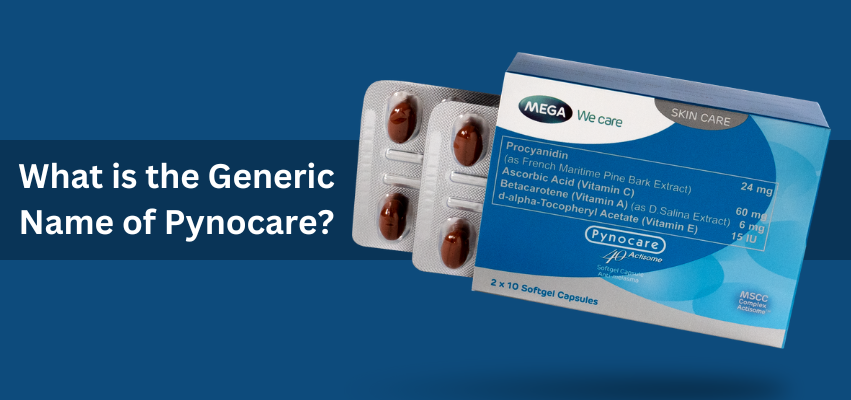
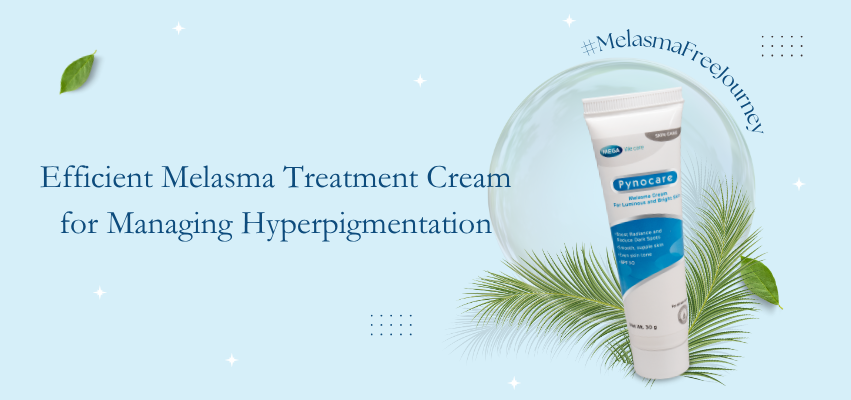
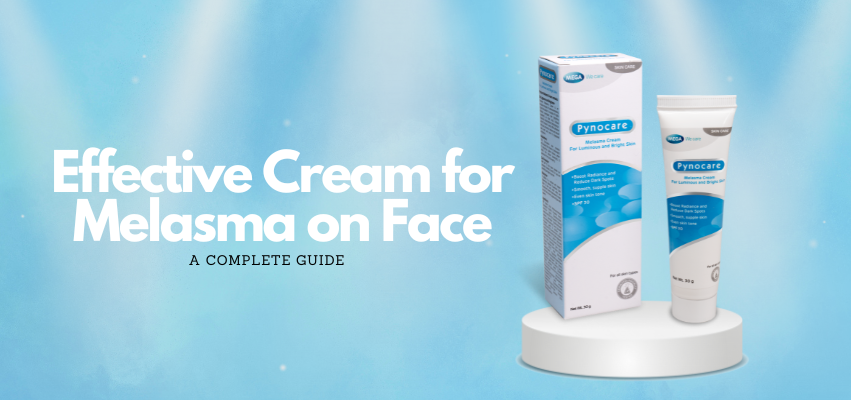
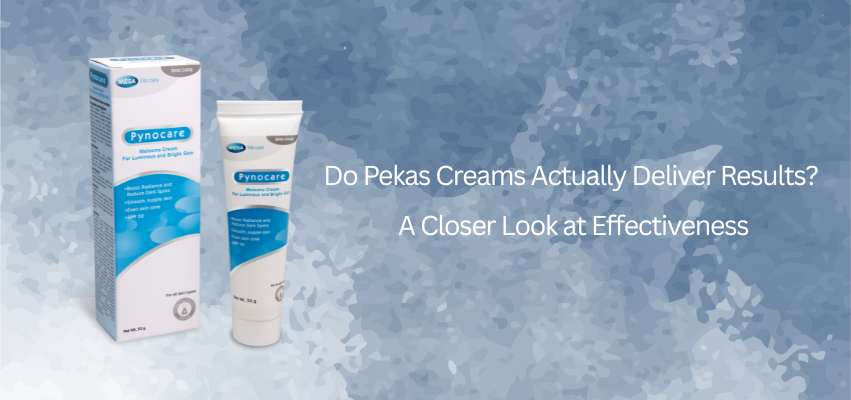


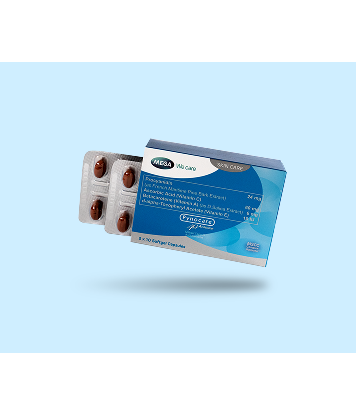












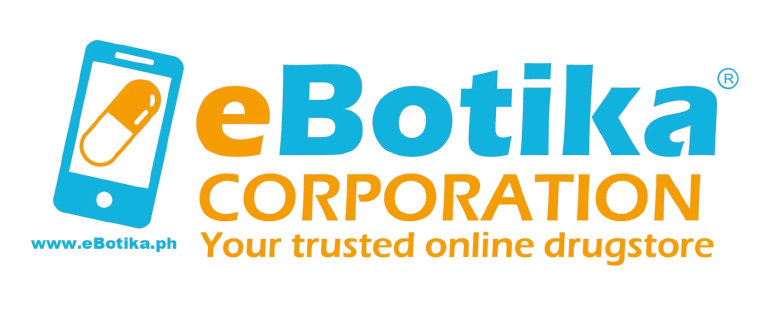
1 Comment on What is the Generic Name of Pynocare?
MSSC Complex Actisome